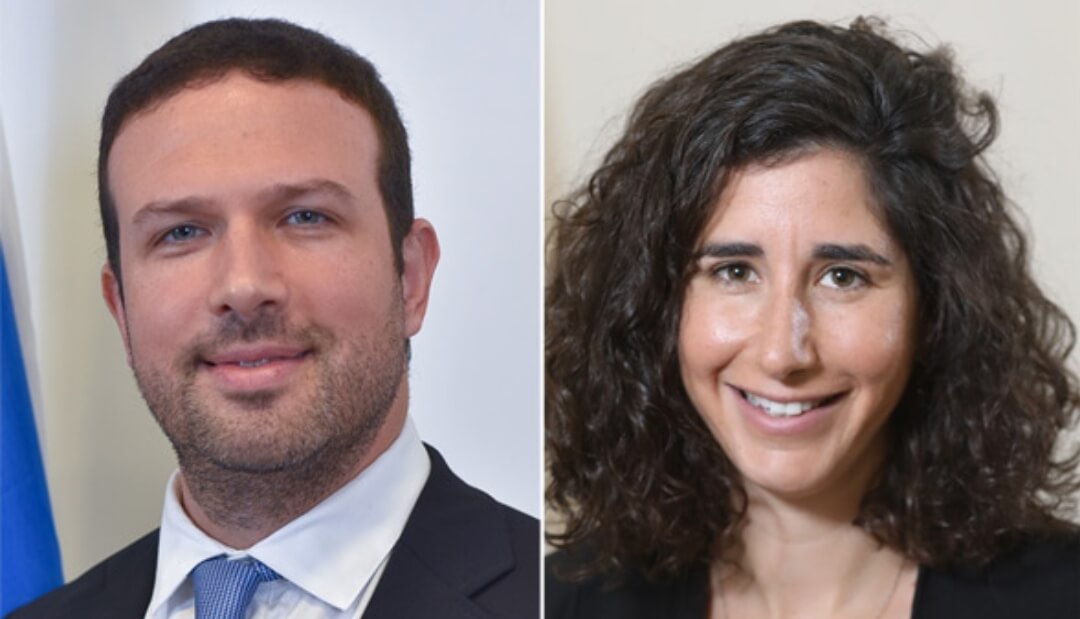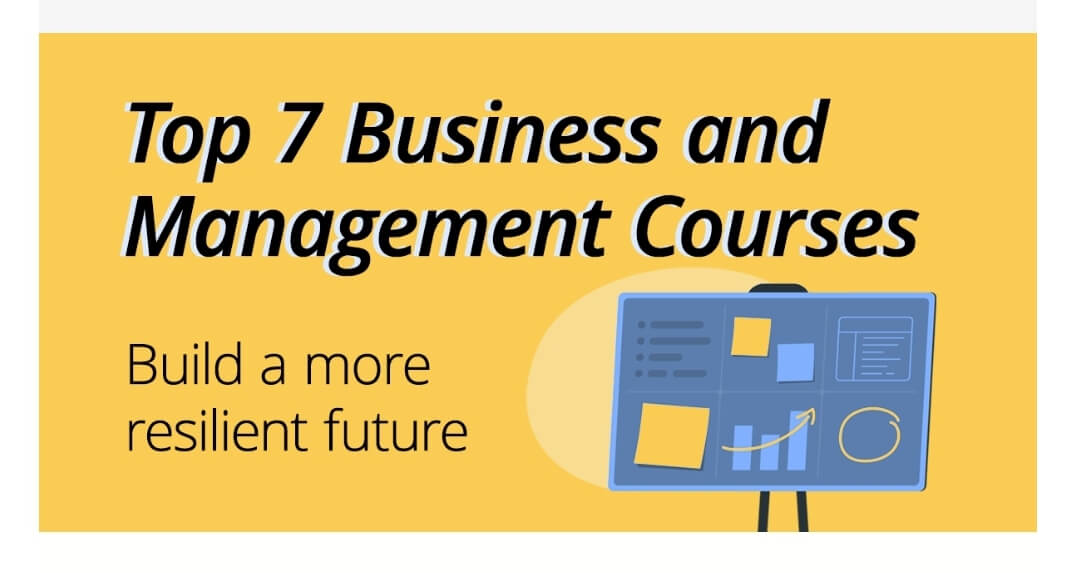Jonathan Shroyer speaks with TheAfricanDream.net on customer service in diplomacy & business

Jonathan Shroyer worked to develop Officium Labs back in 2019, which was acquired by Arise Virtual Solutions in 2021. Jonathan Shroyer is now the Chief CX Innovation Officer at Arise Virtual Solutions.
There, he leads the gaming and consulting verticals and runs the CX Lab in San Francisco. Shroyer has two decades of experience building companies and leaders up.
CIO Journal, a publication of The Wall Street Journal, named Shroyer among its “Top CX Professionals of 2022.“
In October 2022 Oral Ofori, Founder and Editor at TheAfricanDream.net had a conversation with Mr. Shroyer on customer service as it relates to diplomacy and business in general.
Below is the transcript of the interview:
What is Customer Relations to you personally?
People are the heart of the world, in my opinion. The best customer relations people care for their customers or people they serve.
To this end I like to think customer relations provide the most intimate moments that a product or service can have with its customer.
What are some of the major changes you’ve noticed in the world of Customer Relations since the advent of COVID that institutions should be paying attention to?
Two major changes have emerged or have been expedited. One, talent can now live anywhere and work anywhere. Two, companies are investing in technology and security to enable seamless engagements that can be deployed anywhere around the world.
The COVID-19 pandemic necessitated major technological and workforce transformations that are ultimately more inclusive for the worker in many ways. This tech is allowing customer relations to be both more technically advanced and also more human at the same time.
Remote work allows customer service workers to be based anywhere in the world and can work at any time, providing a 24/7, human customer service agent experience to customers.
Companies can provide their workers with remote or hybrid options that embrace a healthy work-life balance while simultaneously providing their customers with top of line technological advancements and human-driven customer service experiences.
Institutions ultimately need to be paying attention to what the people want if they want to succeed in a post-pandemic world.
We’d love to hear your views and advice on the Customer Service experience in diplomacy as far as running an Embassy is concerned where consular services bring the embassy in direct touch with the public who are mainly seeking assistance with visas, passports, and immigration matters among others
There are three main points I’d like to address in regards to utilizing the customer service experience in diplomatic arenas that regularly engage with the public.
- Be accessible. Enable self service, tech and security protocols to ensure only the most vital and important touchpoints happen in person. Ideally, technology should center around security and user-friendliness.
- Enable local teams to solve 98% of all concerns on the spot. If people have questions or concerns, they need to speak with someone who can. People do not like being bounced around to various departments or being left on hold or told to contact someone else. It is crucial to have a team that can answer questions and solve problems when they come.
- Ensure that timeliness of decisions are swift as often they impact people’s lives, their mental health and their families. No one likes not having answers, especially when it comes to sensitive matters regarding their families and lives. Timeliness is a key component to making every institution run smoothly. When a visa or immigration process will be taking a longer period of time, it is crucial to relay that information to people as well, in efforts to be transparent, which is also crucial for effective communication.
READ ALSO: Customer Service in Ghana – the need for Attitudinal Change is Past Due | Oral Ofori
Research shows that offline relationships preceded online relationships. In relating to foreign and local publics, how does this affect the chain of command from the security at the gates to the Ambassador at the top?
It’s important to ensure all items that can be done offline or digitally are done, so only the most important concerns are done in person and then if the frontline team at embassies are empowered to handle 98%, then only 2% of issues ever need to touch the ambassador or diplomat.
This enables these leaders to have more flexibility in understanding the nuance of the cases, as well as ensure the other 98% of citizens’ service is seamless and helpful to them and their lives.
Based on what you’ve said, what are some of the things that institutions and businesses do that commonly hurt their customers and clients that they seem unaware of or take for granted?
Three main things come to mind when considering what things are done that hurt customers and clients.
- When companies are unwilling to pivot when they have over invested in a technology or way of doing business that does not work, otherwise known as the sunk cost effect. This can ultimately be to the detriment of customers and clients, but is still commonly seen across institutions and industries.
- Companies and larger institutions tend to put processes in the way of enabling their frontline teams to do what is right for customers. They tend to put processes in place to deliver a consistent experience, yet they do not have the agility to change processes fast enough to meet customer expectation
- Larger institutions tend to take more pride in legacy, business maturity, structure, and business dashboards, while smaller companies tend to focus more on customer need and demand as they are not insulated by profitability. Larger institutions thus are less likely to adapt as needed to address evolving customer needs.
Suggest ways for Embassies and other diplomatic institutions break bad-news to customers and clients
Generally I find a pragmatic, empathetic, detailed and thoughtful approach is best. Imagine you were going to break bad news to a loved one, how would you go about it?
Bad news is inevitable in all of our lives, we will both be the recipients and the deliverer of bad news at some point.
When we actively practice empathy and transparency when delivering unfortunate news, it shows our humanity and maintains a level of trust and leadership that is needed in diplomatic institutions.
Being an emphatic human is often an afterthought in many industries and institutions, but it is the most valuable asset to have at the end of the day.
UPDATE: The video of this interview was embedded on Oct 11, 2022, but this article was originally published on Oct 06, 2022
Source: TheAfricanDream.net
READ ALSO: 10 Customer Service Skills Every Employee Needs
Oral Ofori is Founder and Publisher at www.TheAfricanDream.net, a digital storyteller and producer, and also an information and research consultant.





